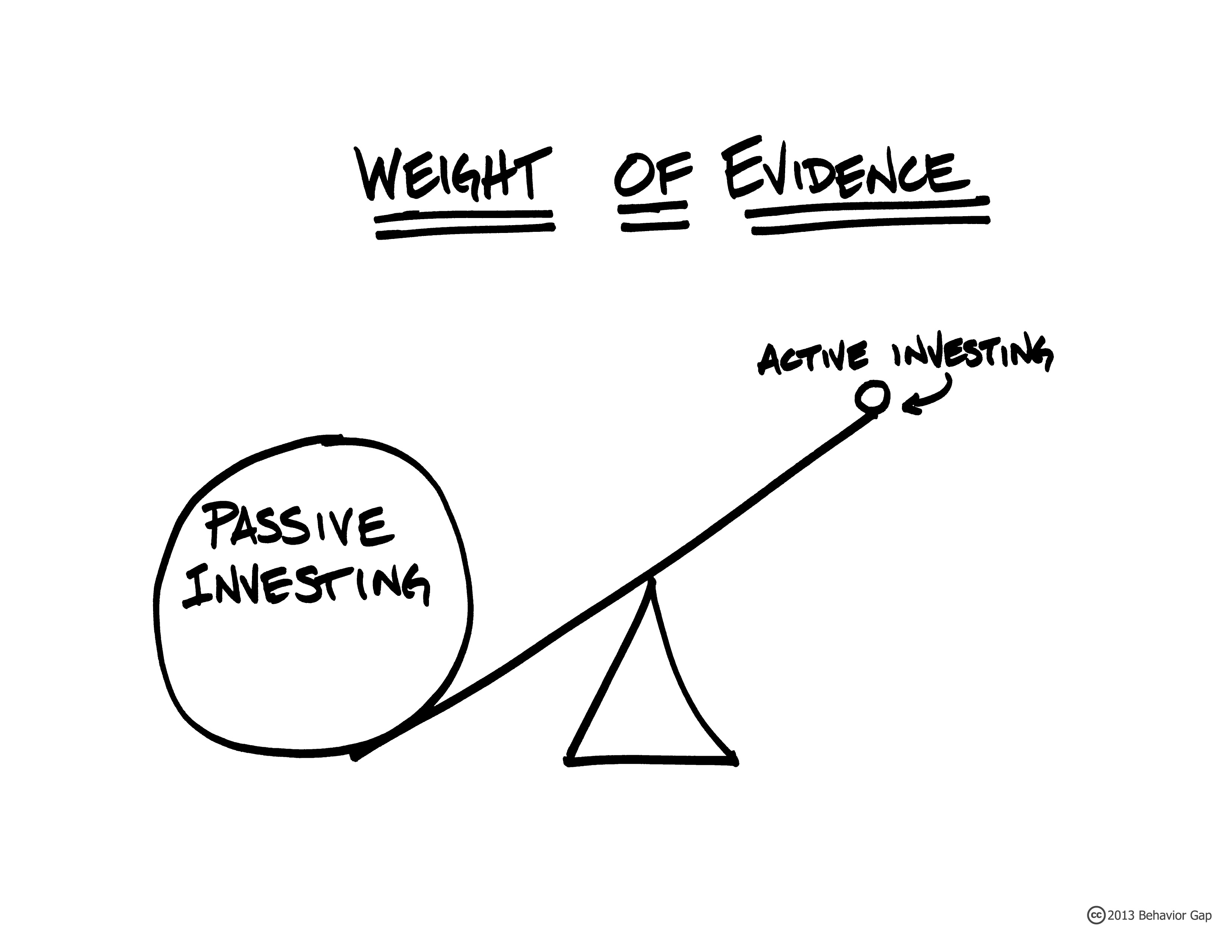

Following the verdict, ConAgra did not renew its motion for JMOL under Rule 50(b). The jury ultimately found in favor of Unitherm on its antitrust, patent invalidation and improper interference in prospective business relations claims, and against Unitherm on its fraudulent representation claim. at 4-5.Īt the conclusion of all the evidence and prior to the judge's submission of the issues to the jury, ConAgra renewed-and was denied-its oral motion for JMOL "for each of the three causes of action that the plaintiffs have brought." See Id. ConAgra made no mention of the antitrust claim or any of its legal elements, including antitrust injury, intent to monopolize, or a dangerous probability of success of monopolization. In the five or so minutes afforded by the court to elaborate on its motion, ConAgra argued that the evidence was insufficient for a reasonable jury to find it had defrauded Unitherm or improperly interfered with Unitherm's prospective business relations. at 3.įollowing the conclusion of Unitherm's case, ConAgra made an oral motion for judgment as a matter of law ("JMOL") under Rule 50(a) with respect to "all of the counts." See Brief for Respondent at 9. After obtaining a patent, ConAgra threatened to sue manufacturers of ovens that might be used to implement its browning process, as well as several turkey breast vendors that had either purchased or expressed an interest in Unitherm's similar browning method. Singh allegedly misrepresented himself as an interested buyer of Unitherm ovens in order to observe the browning process.

In September of 1999, ConAgra patented an allegedly identical process after Prem Singh, a ConAgra employee, viewed demonstrations of the Unitherm process. Sine the early 1990s, Unitherm had sold a system for browning precooked turkey breasts involving special ovens and unique processing procedures. Unitherm Food Systems ("Unitherm"), a manufacturer and supplier of food processing machinery, sued Swift-Eckrich, doing business as ConAgra Refrigerated Foods ("ConAgra"), for defrauding the Patent Office, misrepresenting itself to Unitherm, improperly interfering with Unitherm's prospective business relations, and monopolistic practices in violation of federal and state antitrust laws.
#Weighing evidence jmol trial
This case addresses a significant question about these rules: may a court of appeal review the sufficiency of evidence presented at trial, when a party loses a pre-verdict motion for judgment as a matter of law under Rule 50(a), but then fails to renew the motion under Rule 50(b) after the jury has reached a verdict? The Supreme Court's resolution will greatly impact the speed and quality of review of trial court decisions by courts of appeal, as well as the power these courts possess to overturn improper verdicts. Because such a judgment deprives the losing party of its constitutional right to a jury trial, the rules governing the exercise of Rule 50(a) power are very important. When the judge's determination of the particular issue makes it impossible for the losing party to prevail in its overall claim or defense, the judge will enter a "judgment as a matter of law" against the party. Rule 50(a) of the Federal Rules of Civil Procedure empowers a judge to determine an issue himself, rather than submitting it to the jury, when the evidence is insufficient for a reasonable jury to conclude to the contrary.


 0 kommentar(er)
0 kommentar(er)
